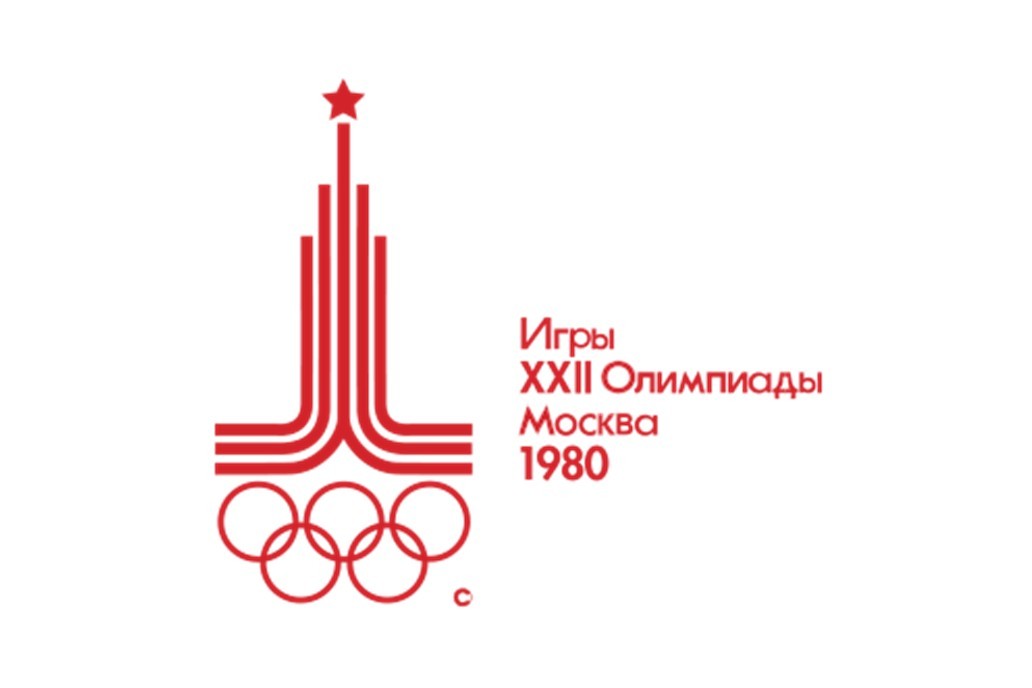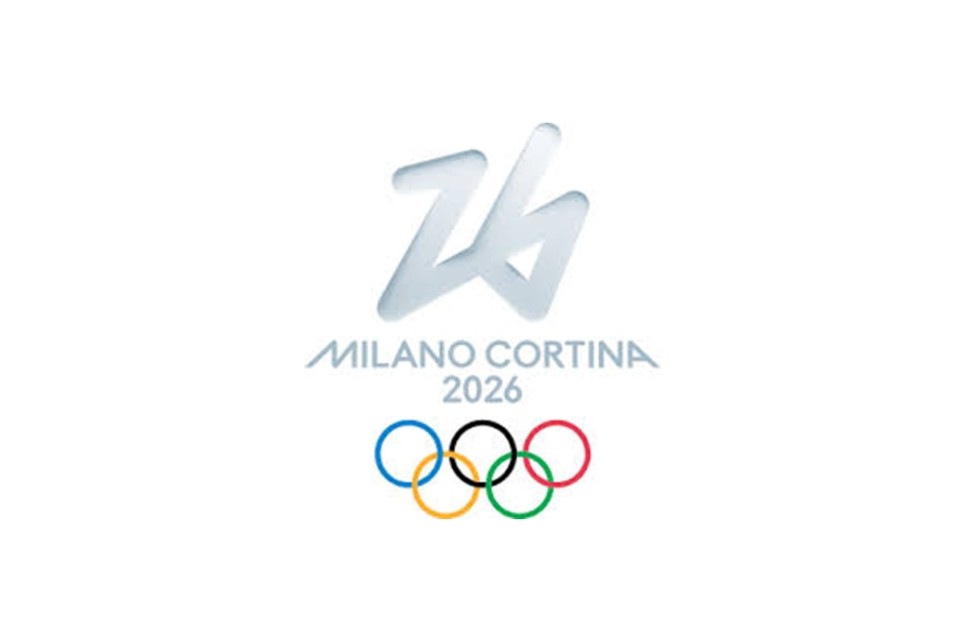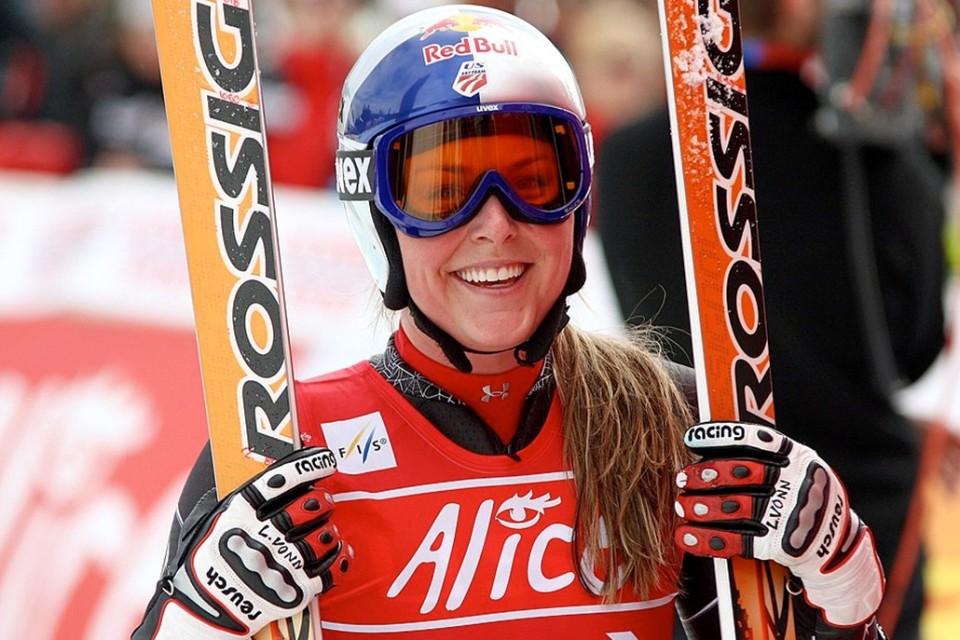Wed, July 30, 2025
Former Australian Olympians of 1980 receive government apology

After 45 years, the Australian Prime Minister Anthony Albanese has apologised to the Australian athletes who competed at the controversial 1980 Moscow Olympics. These athletes encountered immense financial pressure and public backlash at the time, as expressed by ABC News. Some athletes believe this will be freeing in the long run; others remain quite hostile to the situation.
Albanese has formally acknowledged 121 former Australian Olympians. These Olympians defied the Australian Prime Minister at the time, Malcolm Fraser, who ordered the athletes to boycott the 1980 Moscow Games following the Soviet Union’s invasion of Afghanistan in 1979.
5,000 athletes across 80 countries participated, but there were also around 45-50 nations who boycotted the Games in protest. The Australian team competed under a neutral flag. Athletes can compete at international sporting competitions without representing their nations, as is standard convention under the Olympic Charter.
As a result of deciding to compete, the government ensured that the athletes struggled financially, and the public were extremely disparaging towards them. Michelle Ford won the 800-metre freestyle and the bronze medal in the 200-metre butterfly during the 1980 Games when she was just 18 years old. She said that the athletes who chose to compete were “treated as traitors,” herself included. The government disseminated a negative media campaign to prevent the athletes from competing, meaning that the ones who participated were painted in a cynical light.
Ford elaborated: “All the athletes that decided not to go were given a pat on the back, a thank you letter from the government, and a financial reward for not going…
We were being treated as traitors. We were given death threats. We were nearly banished from this country…
At the 800-metre freestyle, at lunch time, I open my fan mail…and I get a letter saying that if I stand on those blocks to represent I would be un-Australian and I'd be a traitor. That really touched me.”
Four-time Olympian and former Director of the Australian Institute of Sport, Rob de Castella AO MBE, who was a 23-year-old marathon runner at the time, seconded Ford’s account: “I remember one prominent radio journalist down in Melbourne calling us traitors and saying how we were competing while the Russians were killing Afghan babies…
Horrible, disgraceful, despicable comments targeting young, talented Australians.”
Altogether, the Australians were awarded 9 medals: 2 gold, 2 silver and 5 bronze. However, they were completely shunned upon their return.
Now, over four decades later, 50 Olympians and their families gathered in Canberra for a formal apology which Castella believes is “an important statement.”
He continued: “It is an important acknowledgement that the Prime Minister and the government, and Australia, is making to acknowledge the mistakes of the past.”
However, athletes such as Pam Westendorf, a former Olympic rower, have stated that they still feel traumatised by the abuse they faced and that for some, this apology is too little too late.
Westendorf expressed: “Part of the reason I'm going up to is to see some of those people that I haven't seen for such a long time, and I suppose to talk about those times.”
However, she also suggested that the apology will make a difference: “I think it will put all of those negative thoughts at rest. We have earned our place in history.”
Ian Chesterman, Australian Olympic Committee President, also acknowledged the athletes who did not compete as they were under immense pressure to boycott the Games: “My thoughts also go to those athletes who qualified and were selected but did not attend the Games, many due to decisions made by national sporting organisations under the pressure of the day…
The devastation those athletes experienced is real, and for many it remains so today…
So we acknowledge them as selected team members and victims of the political environment of that time.”
At least 62 athletes did not get the opportunity to compete in Moscow. Of those, 17 never became Olympians, as reported by the Associated Press.
In a most recent update, Albanese’s apology has been published: “When you choose to wear the green and gold, you should draw strength from knowing that the whole nation is with you…
Yet the returning athletes were met only by cold silence or cruel comments…
Today, we fix that. You have earned your place in the history of the Games and our nation.”
As Chesterman also voiced: “The whole saga was a disastrous and divisive collision of sport and politics, and it put our athletes, sports and officials in the worst possible position.”
This apology has highlighted that “sport and politics are both inextricably linked and uneasy bedfellows – when you think about it, the Olympics are naturally politicised,” in the words of Dr Calvin Jones, Senior Lecturer at Cardiff Business School.



